Review of co-processing of biocrudes in oil refineries
Green Car Congress
JANUARY 1, 2023
The major compound groups in FPBO are water (20–25 wt %), carboxylic acids (∼ 5 wt %), aldehydes, ketones, and furfurals (25 wt %), sugar-like material (30–35 wt %), and lignin-derived compounds (20 wt %). In HTL, wet feedstock is liquefied in a hot (250–374 °C) and pressurized (4–22 MPa) water environment into biocrude oil.

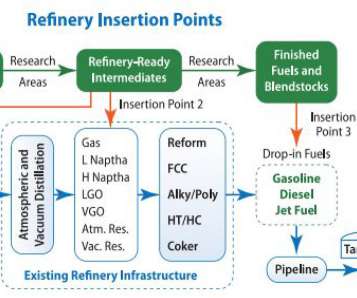

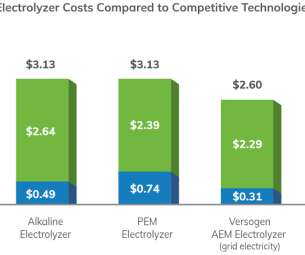

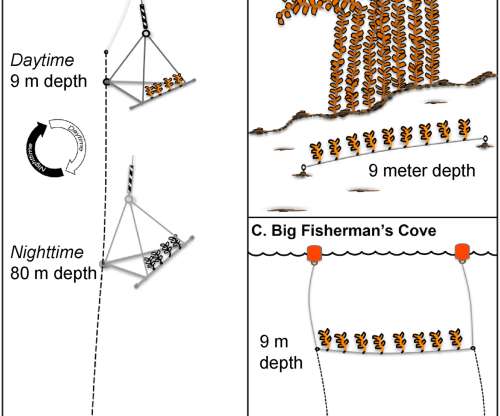


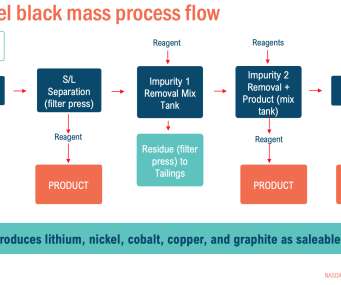
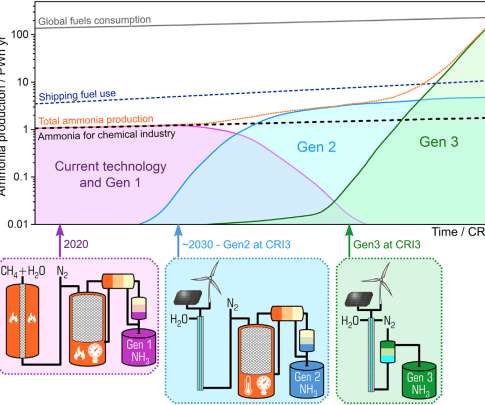
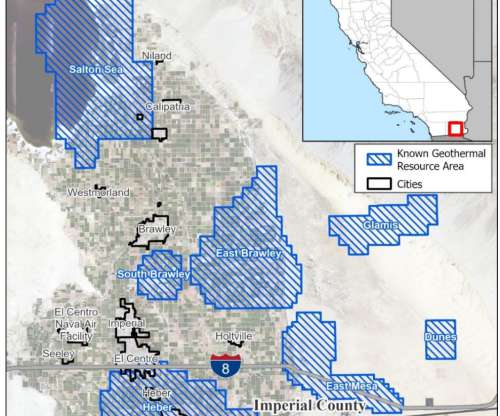



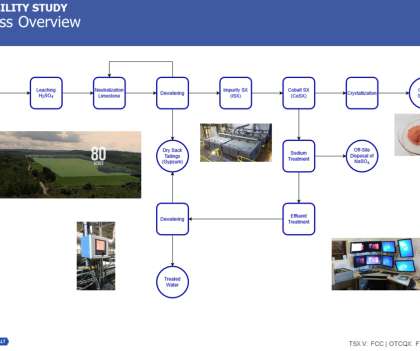
























Let's personalize your content